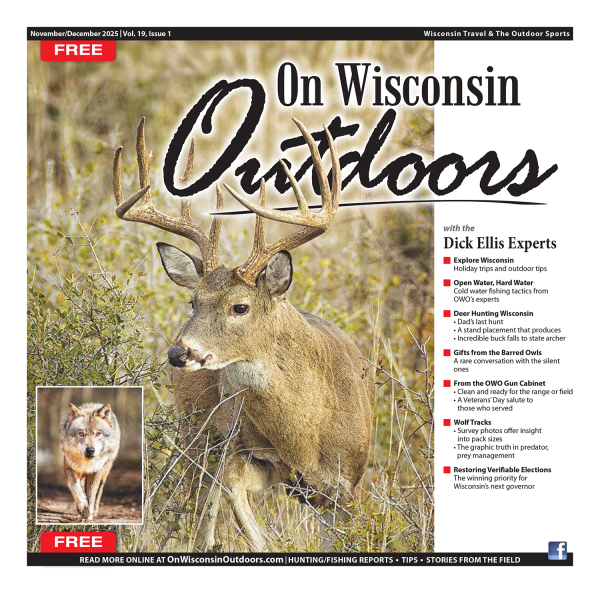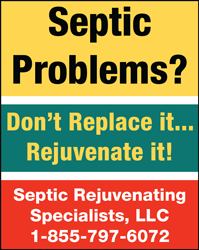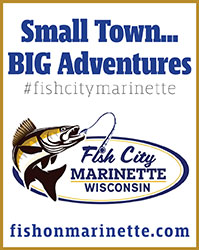Keep Wildlife Wild: Know What To Do If You Find A Fawn
MADISON, Wis. – As you head out to find your adventure this Memorial Day weekend, the Wisconsin Department of Natural Resources (DNR) reminds Wisconsinites and visitors that spring is the peak time for fawns to be born. If you come across a fawn this spring, the DNR urges you not to touch it since there is a good chance it’s right where it’s supposed to be.
As white-tailed fawns are being born all around the state, in almost every case, the fawn is doing exactly what it should while its mother leaves it unattended.
“If you come across a fawn lying still and quiet and you don’t see mom around, that’s a good sign,” said Amanda Kamps, DNR Wildlife Health Conservation Specialist. “That fawn is doing exactly what it’s supposed to do to keep safe.”
Mother deer spend most of the day away from their fawns while they forage for food. Fawns lie still in brush or grass, keeping quiet until their mothers return.
Although fawns can walk from birth, they need a few more weeks to grow to keep up with their mothers and gain the strength and speed to escape from danger. Their spotted coats and soft scent are their best defenses in the first few weeks of life.
It is rare that unaccompanied fawns have been abandoned. If you find a fawn lying alone unless the fawn is sick or injured, leave it alone. Leave the area and do not go near the spot again. The mother will not return if people or dogs are present. Do not touch the fawn or bring children, dogs or friends to look at it. Doing so could endanger the fawn by giving away its location to a predator, and its mother won't return to nurse the fawn while people or dogs are nearby.
What To Do If You Find A Fawn:
- If you find a fawn lying quietly in brush, high grass or even your lawn, the fawn is most likely healthy and safe. If you are concerned, monitor the fawn from a distance. Its mother will return periodically to feed and move it to a new location.
- If a fawn is in an unsafe location, such as near a roadway, it’s okay to move the fawn back from the road several yards. Be sure to wear gloves and a facemask to protect the health of the fawn and be sure to consider your own safety when walking near a road. The mother will find the fawn. Although you should avoid touching the fawn unless absolutely necessary, it is a myth that the mother will reject the fawn if it has human scent on it.
- If a fawn appears visibly sick or injured, call the DNR or a licensed wildlife rehabilitator for further guidance. Visit the DNR website for contact information for a county near you.
PLEASE NOTE: It is illegal to take possession of any wild animal, including a fawn, to protect their health and safety. Fawns have very specialized diets and can easily become dependent on people for food, making release into the wild impossible.











